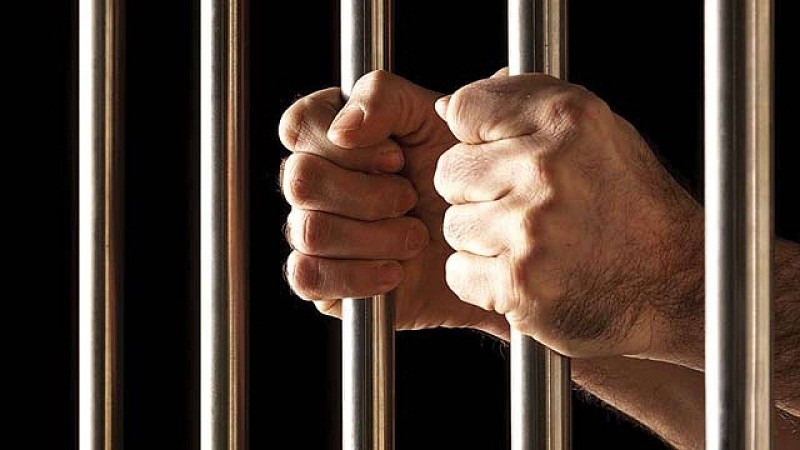
Jacob Peenikaparambil: Large numbers of undertrials languish in the overcrowded and unhygienic Indian jails for years mainly because they are not able to make use of their constitutional right to bail. According to 2019 report of the National Crime Records Bureau (NCRB), 70% of the prisoners in India are under-trials. It is extremely high by international standards. For example, the percentage of under-trials in UK is 11, in the US 20 and in France 29. India ranks 15th out of 217 countries on the basis of its undertial population. As per the data presented by NCRB, out of the total number of undertrials in India, 55% are Dalits, Muslims and Tribals whereas their total percentage in the Indian population is only 39%. The main reason for the presence of a huge number of undertrails in Indian prisons is their inability to make use of the provision for bail.
There are various reasons for the presence of large number of undertrials in Indian prisons. The most significant reason is the delay in filing charge sheet and starting the trial. For example, five of the 16 persons languishing in jail under the Bhima Koregaon case were arrested more than 3 years ago and their trial is not yet started. At the same time, they are not granted bail because they are arrested under UAPA (Unlawful Activities (Prevention) Act) and the bail conditions under UAPA are very stringent. The total numbers of cases filed under the UAPA rose from 976 in 2014 to 1182 in 2018 as per the data available with NCRB. An unprecedented increase in the use of anti-terrorism laws and sedition law with stringent conditions for bail is one of the reasons for the increase in the number of undertrails.
Poverty of the accused persons along with lack of education is another reason for the incarceration of undertrials for a long time in prisons. As already mentioned, almost 55% of the undertrials are Dalits, Tribals and Muslims. These communities are the poorest in the Indian society. Often they do not have the resources to hire a competent lawyer and apply for bail. Majority of the undertrials are either illiterate or school dropouts. As per NCRB’s 2019 prison data, 28.6% of undertrials in India are illiterate and 40.7% are not educated beyond grade X. Due to lack of education and awareness they are not able to make use of free legal aid available to the economically poor undertrials.
Delayed investigation is another important reason for the woes of the undertrials. India has one of the lowest police to population ratio in the world: 151 police personnel for 100,000 population. Naturally investigations are delayed and often the quality of investigations is also poor. Added to this, there is a tendency for the police to make unnecessary arrests. Delay in production of undertrials in court due to non-availability of police personnel who have to escort them to the court, and the resulting automatic extension of custody is another reason for the high undertrial population.
Presence of large number of undertrials in Indian prisons is only one aspect of the problems related to criminal justice delivery system in India. According to a report published in ‘The Times of India’ on April 15, 2021, 4.4 core cases are pending in different courts of India. The system requires an urgent overhauling. The issue of reforming criminal justice delivery system is not part of discourses during the elections, and it does not find adequate space in the manifestos of political parties. The civil society organizations have to educate people to put pressure on the political leadership for urgent reforms in criminal justice system. Otherwise lakhs of innocent people will be languishing in the overcrowded Indian jails without bail.
Read more articles from the author: